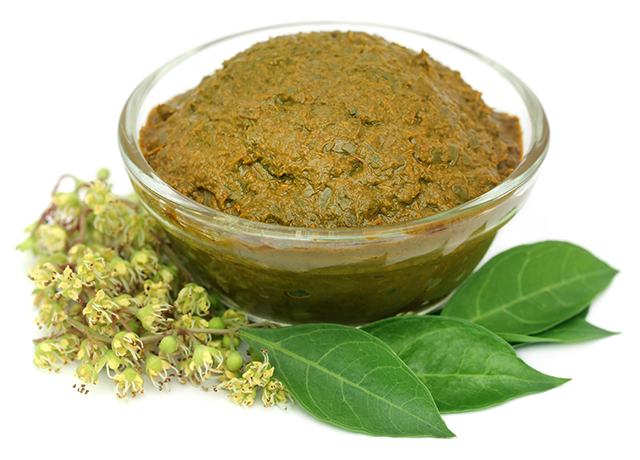Coconut oil is a SUPERFOOD: Studies show it can offer unique benefits to your brain
10/28/2018 / By Isabelle Z.

Coconut oil has been the subject of a lot of conflicting information recently. On one hand, you have various bloggers outlining its benefits, and on the other, you have a few very vocal individuals with their own motivations denouncing it. There’s one easy way to clear this up: Take a look at what the science says, and you’ll see that coconut oil is a veritable superfood that offers some very unique benefits to brain health.
If you’re familiar with the notion that fish is “brain food,” a big part of that is due to the “good fats” found in fish. Coconut oil also contains good fats, so it’s not surprising that it can enhance brain health as well. Roughly 60 percent of the brain by weight is made up of fat, and the integrity of the cell membranes in your brain depends largely on the quality of fat you consume.
To understand why coconut oil is good for the brain, it’s helpful to have a clear understanding of the different types of fat. For example, most vegetable oils belong to a category called long-chain triglycerides. These are made up of bigger molecules that are more difficult to break down, and they’re more easily stored in the body as fat.
In contrast, coconut oil is made out of medium-chain triglycerides. These are smaller, and they can be used by your body as a backup energy source. While medium-chain triglycerides are also found in full-fat dairy products, coconut oil is considered the best source of them. These medium-chain triglycerides are broken down by the liver into ketones that serve as instant energy for your brain cells.
What do the studies say?
One study found that diets that are high in fats, especially the medium-chain triglycerides in coconut oil, delay brain aging. In addition, the oil boasts antioxidant properties. While all the cells in your body can be affected by oxidative damage, the cells in your brain are especially susceptible due to the disproportionate levels of oxygen they use. Therefore, coconut oil can help maintain brain health due to its antioxidant effects.
Other studies have shown that coconut oil and medium-chain triglycerides like it have a tremendous potential to treat neurological diseases like Parkinson’s, stroke and dementia, along with traumatic brain injury.
It can also help treat serious memory loss like that seen in dementia and Alzheimer’s disease. In Alzheimer’s, the cells in the brain become insulin-resistant. When they fail to get needed glucose, they die. However, coconut oil completely bypasses glucose metabolism and delivers energy straight to the cells in the brain that need it.
One neonatal physician, Dr. Mary Newport, popularized the idea of coconut oil as an Alzheimer’s treatment when she started giving it to her husband as early-onset Alzheimer’s set in, with some success. She was inspired by the fact that breastmilk naturally contains medium-chain triglycerides, and they are added to infant formula to nourish babies’ developing brains.
Studies have also shown that coconut oil decreases accumulation of the beta amyloid plaques believed to be behind Alzheimer’s. In addition, because coconut oil has anti-inflammatory properties, it can help to fight depression, which is caused in part by brain inflammation. It has also been shown in studies to help fight the effects of stress.
Coconut oil is easy to incorporate into the diet. It’s highly stable for cooking and can be easily used in place of many other fats for sautéing, baking and frying. It can also be added to smoothies, soups, and hot cereals. Be Brain Fit recommends consuming 2 to 3 tablespoons of coconut oil per day for general brain benefits.
One you look at the studies, it’s clear that this oil has a lot to offer. If you still think coconut oil is something to avoid, maybe you need to get your brain checked!
Sources for this article include:
Tagged Under: Alzheimer's, brain health, coconut oil, dementia, depression, Good fats, grocery cures, healthy fats, ingredients, longevity, medium-chain triglycerides, memory loss, natural remedies, prevention



















